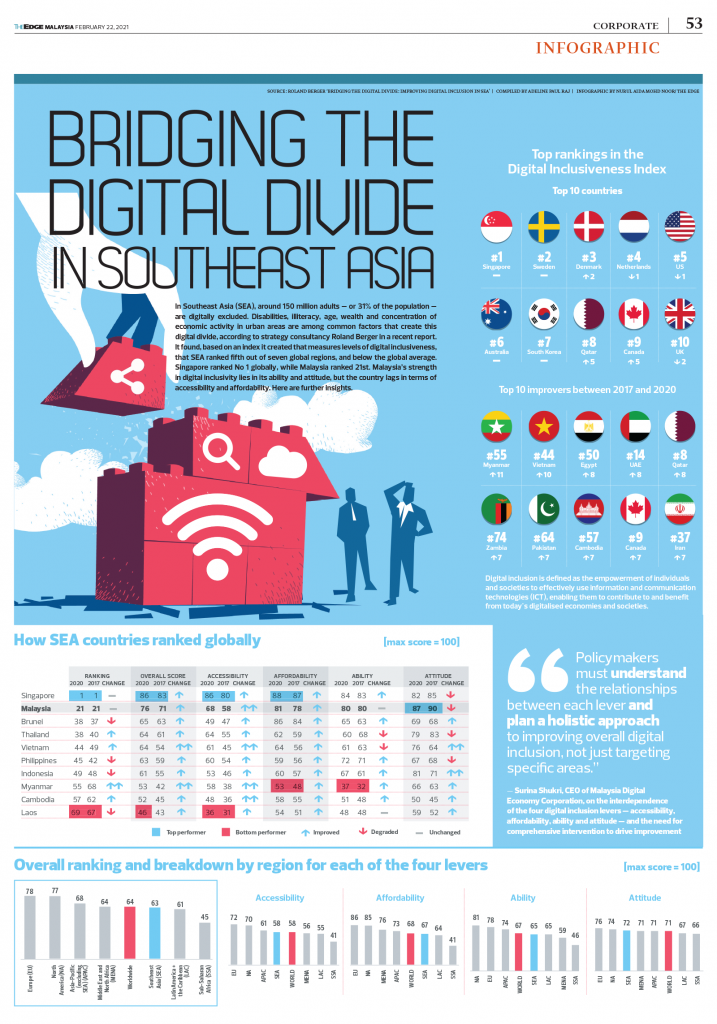JOHOR BAHRU, Feb 28 — Johor is set to become a major producer of eco-friendly energy in Southeast Asia with the opening of a solar power park in Pengerang, Kota Tinggi, worth RM1.4 billion.
Sultan Ibrahim Solar Park will be the biggest of its kind in the region with a capacity of 450 megawatts, according to Sultan Of Johor, Sultan Ibrahim Almarhum Sultan Iskandar here today.
He said the solar park, which is the rst large-scale private investment project secured by the state for 2021 came from his efforts to encourage investment and economic development for the people and Johor.
According to Sultan Ibrahim, the project is also in line with the Johor Sustainable Development Plan 2030 which prioritises environmental sustainability in the development of the economy and prosperity of the people.
He added that the project will not only have an impact on the state’s economy; there will be job opportunities for various levels too, as it will become the largest solar power storage system in the region when fully operational by 2023.
The project will not only boost economic growth but also place Johor as a leading renewable energy producer internationally, he told the Royal Press Office (RPO) via his official Facebook.
“We are thankful that Johor is among the states that are blessed with high solar irradiance. It’s about time we explore this resource to improve power generation capacity and contribute to the production of renewable energy,” he said.
Sultan Ibrahim is expected to grace the groundbreaking for the solar park on March 23, at the project site in Pengerang.
Source: Bernama
Johor set to become leading solar power producer in Southeast Asia
Content Type:
Duration:



